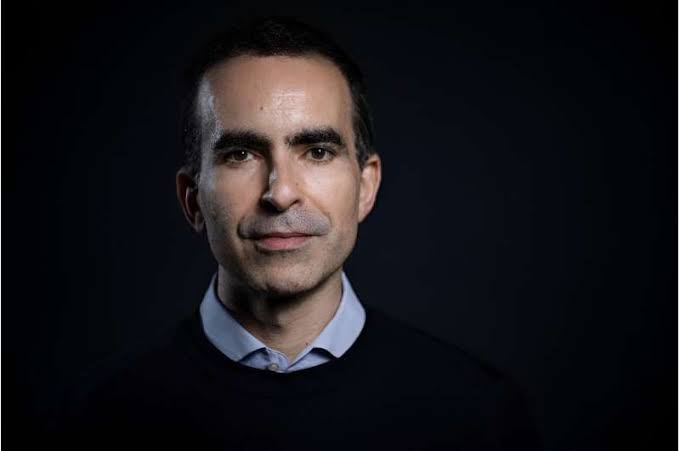InstaDeep CEO propels AI innovation from Tunis to London

Karim Beguir, the CEO of InstaDeep, initiated an artificial intelligence venture in Tunisia in 2014, commencing with only two computers and a modest $2,000 investment. By 2023, this humble startup had burgeoned into an international enterprise, being acquired by the German laboratory BioNTech for a staggering $700 million.
Reflecting on this journey, Beguir, a French-Tunisian entrepreneur who co-founded the company alongside Tunisian IT enthusiast Zohra Slim, expressed to AFP the groundbreaking potential inherent in witnessing a startup originating from Africa ascend to global prominence.

InstaDeep, specializing in decision-making artificial intelligence (AI) geared towards enhancing businesses’ cost-effectiveness and efficiency, attained recognition during the COVID-19 pandemic by collaborating with BioNTech to develop a system capable of identifying perilous virus variants months before their official documentation. This achievement, as asserted by Beguir, not only elevated Tunisia and Africa in the realm of AI but also debunked skepticism surrounding the plausibility of such success originating from the region.
Expanding beyond its Tunisian roots, InstaDeep now operates in diverse locations including Lagos, Cape Town, and Kigali, in addition to major international hubs like London, Dubai, and San Francisco. With a workforce ballooning from 60 employees in 2018 to 350 across continents, InstaDeep exemplifies the potential for African talent to lead in cutting-edge technological innovation.
Beguir envisions artificial intelligence as a transformative force for African economies, advocating for a shift from raw material exports towards high-value-added activities. He emphasizes the imperative for Africa to cultivate indigenous AI expertise to mitigate potential biases inherent in technologies developed elsewhere, underscoring the importance of empowering local talent to drive innovation tailored to African contexts.
However, challenges persist, including barriers to the free movement of researchers across the continent. Beguir underscores the need to address such hindrances to foster an environment conducive to nurturing future AI champions. Despite these hurdles, he remains optimistic about Africa’s potential, envisioning the emergence of multiple InstaDeeps within the next decade, contingent upon overcoming existing obstacles.
As the global discourse on AI evolves, voices like Beguir’s highlight the imperative of inclusive participation and equitable representation in shaping the future of technological innovation. The trajectory of InstaDeep serves not only as a testament to African ingenuity but also as a catalyst for broader conversations surrounding the democratization of AI and its transformative potential on a global scale.














